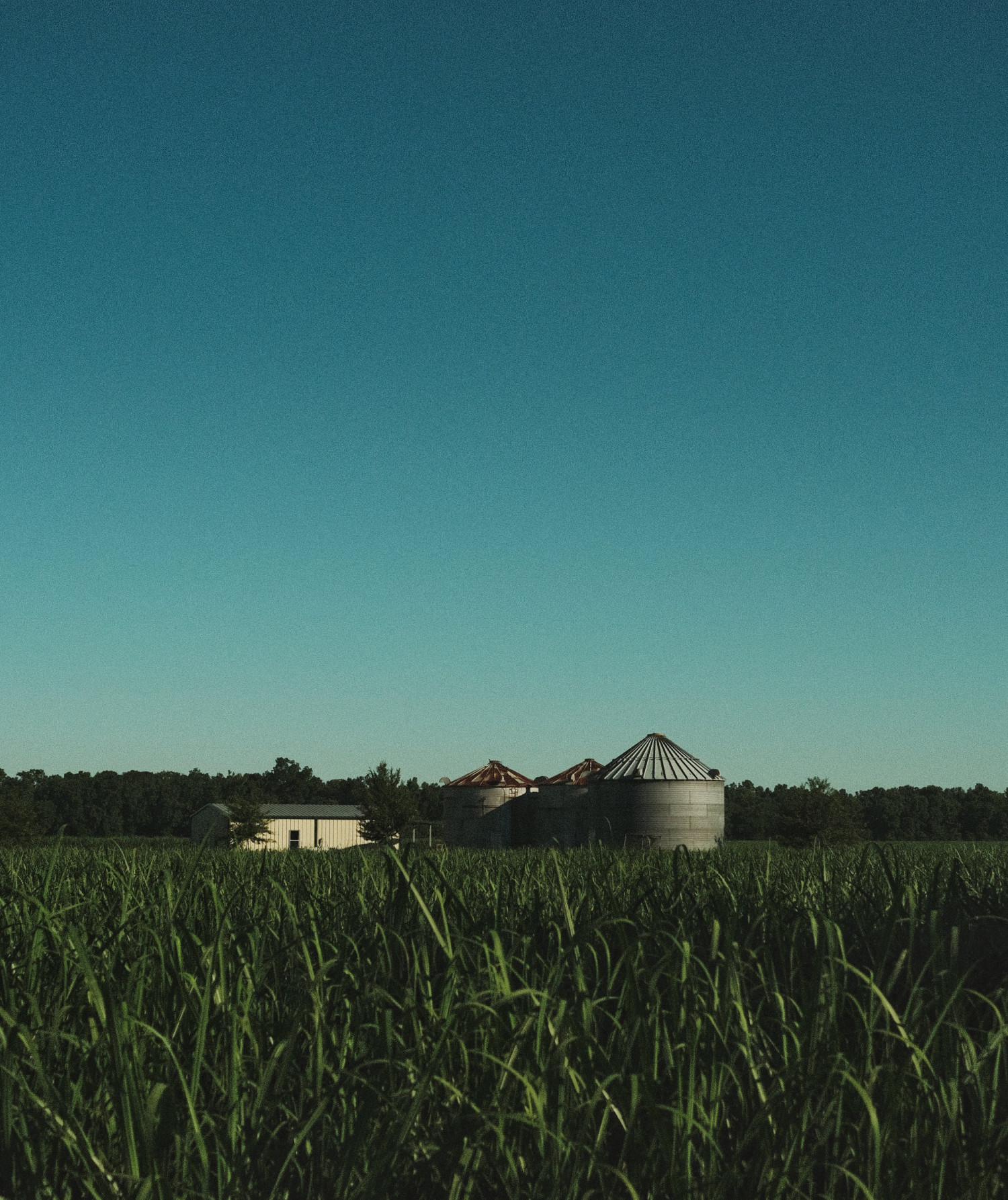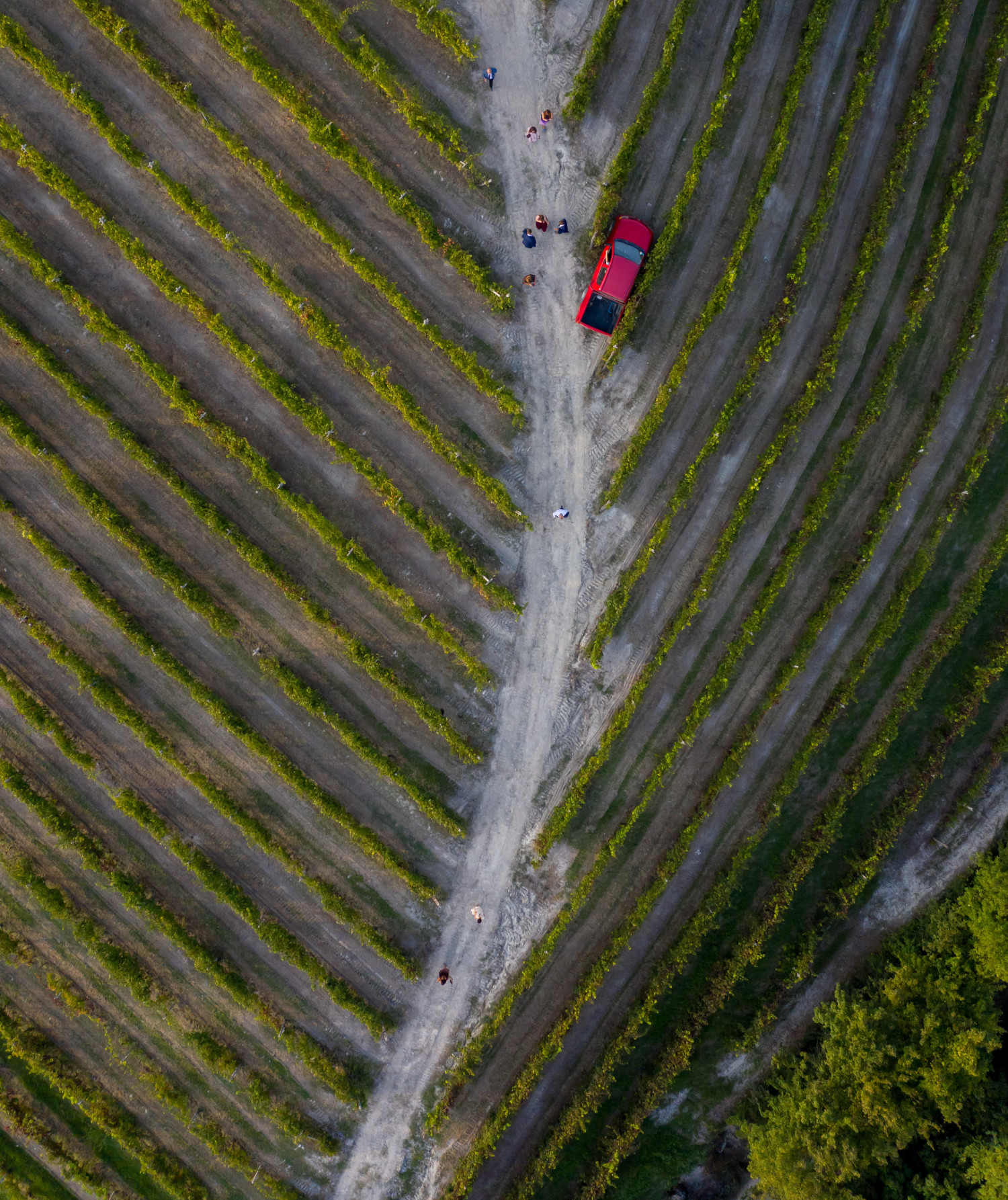
Our Commitments
AgroServ aims to provide the scientific community with large, high profile research services to facilitate and enable interdisciplinary and transdisciplinary research in agroecology and foster open science and innovation.
To address current and emerging global challenges, AgroServ is born from the need of a collective action capable of enhancing the sustainability of food systems, safeguarding human, animal, and environmental health, preserving natural resources and biodiversity and mitigating climate change.
By focusing on implementing a resilient and sustainable agri-food system through transdisciplinary services offered by research infrastructures, the project will also seek to actively involve key actors from the agriculture system in the research process.
#Agroecology
#OpenInnovation
#InterdisciplinaryResearch
#TransdisciplinaryApproach
Agricultural land depletion, the loss of biodiversity and the growing scarcity of natural resources are some of the complex challenges of our century. Whether due to urban expansion or to the tensions on agricultural modes of production, it has become necessary to adapt our current agricultural production methods to continue to produce agricultural goods while maintaining and preserving the ecosystems.
If a booming world population will require increased crop and animal production, it goes without saying that the growing expansion in the use of antibiotics, pesticides and fertilisers will continue to cause the alteration of ecosystems and soil functions, favouring the emergence of pests and diseases.
The project will provide access to innovative, customised, and efficient services and to data and modelling services to preserve human, plants and animal health and wellbeing. It will ensure that the research services developed last beyond the duration of the project in order to support evidence-based policymaking and contribute to the achievements of Farm2Fork strategy, the European Green Deal, the SDGs and the One Planet’s Summit objectives.
Agroecology related studies can’t be performed at a reduced set of facilities, even integrated in experimental farms, given the wide scientific challenges, and the need to address a wide geographical and cultural range of climates, communities, practices, local specificities over Europe.
In this respect, research infrastructures (RIs) have the capacity to provide resources and services for research communities on a long-term basis, making these RIs well positioned in addressing these challenges.
AgroServ will integrate all relevant RI capacities, facilitating a systemic and holistic approach and meeting multiple objectives (i.e. economic, environmental, social, nutritional, health, cultural). The interdisciplinary consortium will offer complementary and customised services on plant, animal, soil and human health at all scales, from the molecular to the ecosystem, to the landscape level, including the socio-economic aspects, and across the agricultural value chain. This wide portfolio of services will enable researchers to study agroecosystems adopting a holistic and multi-scale approach.
To achieve sustainable advancements in the field of agroecology, Agroserv will provide the research community with:
a) Multiscale data covering all relevant aspects of agroecosystems,
b) Data and model integration to support holistic foresight of threats and risk faced by humans, animals and plants.
AgroServ will feature a strong collaboration and co-creation system through living labs (LLs), training and related initiatives that will foster open science and innovation and will ensure the appropriateness of the research results in the farm and the business context as well as the acceptability of the solutions proposed.
Thanks to a multi-actor approach, various groups like researchers, farmers, industries, cooperatives, SMEs, rural communities, public health authorities, and policymakers will collaborate to define innovative and efficient services. These collaborative efforts work to improve, customise, and integrate the offerings provided by the research infrastructures in support to the research and development of sustainable and resilient agroecological systems, smart innovation, and sustainable rural communities, in relation with the Horizon Europe missions and other relevant partnerships and research programmes.
The project’s experimental services will allow the community to simulate current and future climatic conditions, enabling testing crops performance under these changing conditions and experimenting with new management practices.
Enabling transdisciplinarity and co-creation through the living labs approach
Co-creation has recently become an extremely widespread and popularised term. It’s not only used on consumer-centred discourse but also on multi-stakeholders’ platforms such as public-private partnerships and living labs involving innovation and research.
Co-creation in the private sectors is described as the process of value creation through the active collaboration of the consumers by allowing them to co-develop the product and service experience to fit their needs (Kambil et al. 1999).
In the context of the AgroServ project, co-creation should be aligned with the living labs co-creation concept which refers to a form of open innovation, where the creation of new value takes place in cooperation between the experts and a variety of stakeholders from industry, research, public institutions, and civil society, in which the inputs of the user play a central role (Hagy et al. 2016, Mambrini-Doudet et al. 2021).
Therefore, the involvement of multiple stakeholders creates a multi-contextual scene in which the actors engage and interact with other stakeholders during every step of the co-creation process from problem definition to piloting (Ballon et al. 2005, Kreiling and Paunov 2021). This can mobilise and bring together complementary and transversal agroecological expertise which increases the speed and uptake of innovations while also increasing awareness and relevance of agroecological transition and, at the same time, addressing socio-economic challenges via the involvement of civil society.

By delivering a Europe-wide data ecosystem, AgroServ aims to facilitate a systemic and holistic approach to understand the challenges facing agriculture and to develop resilient and sustainable agrifood systems. By looking at ecological processes applied to farming and related to agroecosystem biodiversity, the project will be concerned with enabling research related, among others, to:
- Agricultural production practices,
- Material cycling and the efficiency and use of natural resources,
- Species interactions and plant and animal breeding (following a “one health” approach),
- Investigative domains of cognitive and organisational nature (stresses on agricultural systems from drivers outside agriculture…),
- Climate change adaptation and mitigation, carbon sequestration, soil health, pest and disease control, etc.